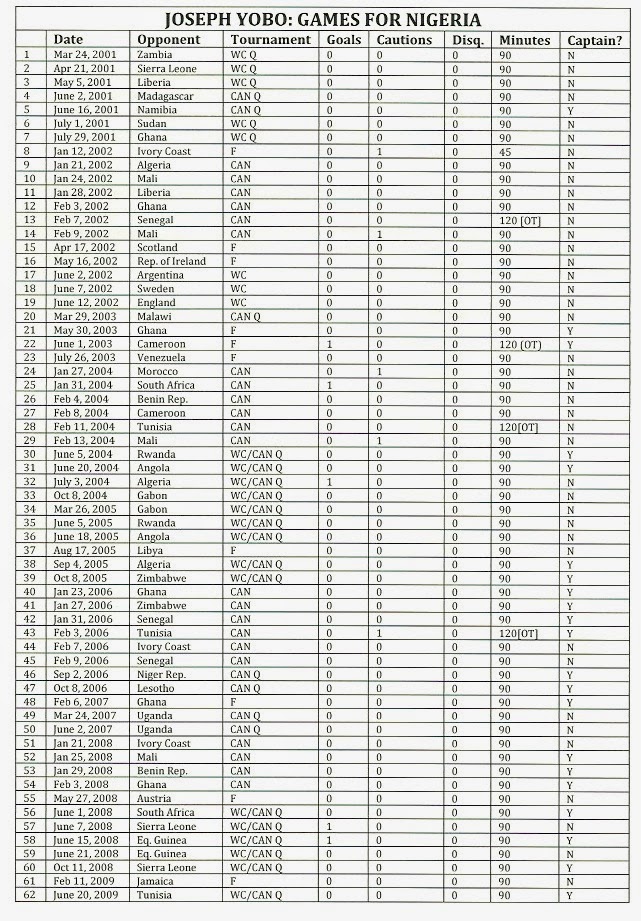Interpreting Oliseh and his Swaziland Decision....
Nigeria beating Swaziland
on Tuesday was anticipated even though Nigeria huffed and puffed through the
two-game series in order to unpack a defensive team. What was not anticipated
was Coach Oliseh’s bold move to change the team in the midst of a critical series.
Also, his decision to suddenly replace three foreign-based players with home
based lads. However, Oliseh making those moves made clear his thinking going
forward. It also indicated a major shift in his stated positions in the past.
Read below:
How Oliseh
Wants To Play?
You cannot
play in our attacking line-up if speed is not one of your stronger points
-- Oliseh in July 2015.
The quote
above obtained from Goal.com indicated Oliseh’s views about
characteristics of his attacking players. In previous interviews he made
statements that such characteristics should define a Nigerian team, not just
attackers. Then in the quote below he praises such characteristics in a
Nigerian player against Uruguay at the FIFA Confederations Cup:
“We were just
trying to tiki taka our way into the penalty box of the Uruguayans. I was
impressed with Babatunde Michael when he came on because he had a bit of pace
going forward and he was trying to shoot despite our pattern of play.
However, in spite of the
talk, he seemed to fall short with his initial team list that included starters
that could not exactly be considered pacey. There was Obiora Nwankwo and then
Mikel Obi. So there were legitimate questions about where the coach truly
intended to go. Same issues clearly could be seen in the middle of his defense
where his choice of starters were not particularly fast.
On Tuesday, however, the
coach made the move to change all that. His benching of Mikel Obi was as
shocking as it was unbelievable. Mikel, by far, is the most skilled Nigerian
midfielder and his game often dictates how the team plays. When he is on, then
the team can dominate any team in Africa as it did in 2013 when winning the
African Cup of Nations. However, Mikel’s influence on team performance also
meant that he slowed down the team's pace. To have the most important piece of
the team at a different pace from the coach’s vision ultimately meant the
vision could not be achieved.
Without Mikel in the game
on Tuesday, the team played quicker but the fact is that Nigeria was playing a
team that was far from Africa’s best. Without Mikel’s presence and control in
the middle, how would the team fare against the likes of Egypt in the next year
and the World Cup qualifying opponents in the third round of the African
qualifiers? The answer better be one that leads Nigeria to victory or Oliseh
could very well find himself gone. But it is clear that he has taken a bold
step. A step that will make him a hero or a zero.
Oliseh’s
Views About Homebased Players
A few years ago, Sunday
Oliseh via Olisehtv.com, criticized the increasing use of
home based players in the Nigerian national team.
If you are a Foreign based
pro. it is not because these foreign clubs want to do you a favour, it is
because you are one of the best from your country, simple. By gradually trying
to wage a war against these players who ply their trade week in week out at the
highest level leagues in the world we are turning our back to our best
and waging a war against ourselves, they are Nigerians too I must remind ! They
should not be cast away just because our technical crew lack the skills to
manage them at the detriment of Nigeria.....The Confederations cup was of a
higher level than the AFCON: high level tactics, Advanced Coaching, speed of
execution and result orientation was on display and the world cup next year
will be even at a faster pace. That am sorry is why I feel a gradual
introduction of home based players, shouldered and protected by experience
should have been the case, cause the scenarios for them to play at this level
are absent at the moment!
Thus, it was surprising on
Tuesday, in a critical game, he proceeded to bench three foreign–based players
and replaced them with home based players. Perhaps, he felt that they were
supremely suited for the bustle of the African game. Maybe, he has learned
something from working close with them in the last months. It is not just the
pedigree of playing for a foreign club that counts but your commitment to the
course, your drive, and the intensity projected at the hour of need. Many
foreign based players provide all that but so also do home based ones. Oliseh’s
decision to trust homebased players indicates a fundamental change in his
views. He was no longer going from afar but observing their performance from close
in. Whatever it is, this change is definitely a plus for Nigeria because what
matters is a player's ability to accomplish the coach’s task and not whether or
not he wears a foreign-based label. It is the task of the manager to build a
team and tactical blueprint that players, both locally or foreign based, must
use effectively based individual technique that led to their invitation in the
first place.
Tuesday,
indeed, may well have defined the future for Oliseh and his team. While many
will claim that victory was certain against Swaziland and, thus, nothing could
have been learned from that game. On the contrary, I would argue that because
it was Swaziland and a chance of defeat always exists, the magnitude of such
defeat had the potential to destroy Oliseh's career forever. The fact then that
he took the huge gamble is insightful to his thinking.


Comments
Post a Comment